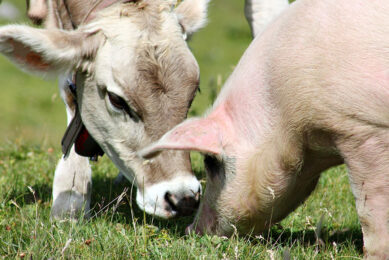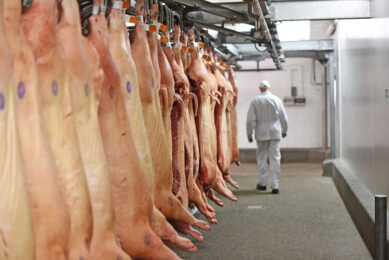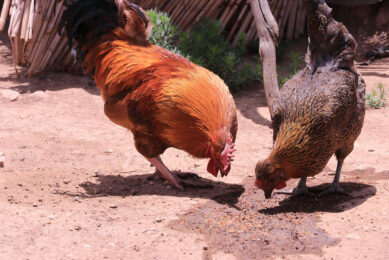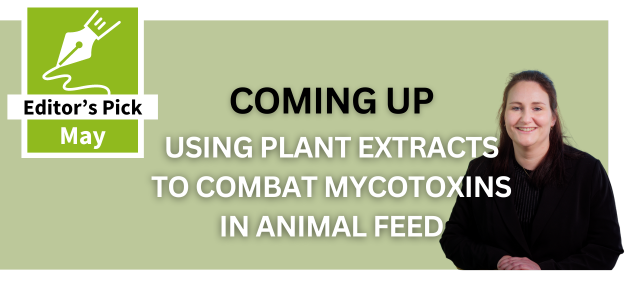EU and US agree on Organic Trade certification
The European Union and the United States signed a formal partnership at the BioFach World Organic Fair, granting organic products certified in Europe or in the United States may be sold as organic in either region, as of June 2012.
Previously, growers and companies wanting to trade products on both sides of the Atlantic had to obtain separate certifications to two standards, which meant a double set of fees, inspections, and paperwork.
This partnership eliminates significant barriers, especially for small and medium-sized organic producers. All products meeting the terms of the partnership can be traded and labelled as certified organic produce, meat, cereal, or wine.
This partnership between the two largest organic-producers in the world will benefit the growing organic industry and supporting jobs and businesses on a global scale.
It is hoped that the partnership will also establish a strong foundation from which to promote organic agriculture.
The organics sector in the United States and European Union is valued at roughly €40 billion combined, and rising every year.
Formal letters creating this partnership were signed on 15 February 2012 in Nuremberg, Germany, by Dacian Cioloş, European Commissioner for Agriculture and Rural Development; Kathleen Merrigan, U.S. Agriculture Deputy Secretary; and Ambassador Isi Siddiqui, U.S. Trade Representative Chief Agricultural Negotiator.
Leading up to today’s historic announcement, both parties conducted thorough onsite audits to ensure that their programs’ regulations, quality control measures, certification requirements, and labelling practices were compatible.
Antibiotics
Although there are small differences between the U.S. and European Union organic standards, both parties individually determined that their programs were equivalent except for the prohibition on the use of antibiotics.
The USDA organic regulations prohibit the use of antibiotics except to control invasive bacterial infections (fire blight) in organic apple and pear orchards.
The European Union organic regulations allow antibiotics only to treat infected animals. For all products traded under this partnership, certifying agents must verify that antibiotics were not used for any reason.
In addition, all products traded under the partnership must be shipped with an organic export certificate. This document will show the production location, identify the organisation that certified the organic product, verify that prohibited substances and methods weren’t used, certify that the terms of the partnership were met, and allow traded products to be tracked.
Overview
Both parties are committed to ensuring that all traded organic products meet the terms of the partnership, retaining their organic integrity from farm to market. The European Commission’s Directorate General for Agriculture and Rural Development and the U.S. Department of Agriculture’s (USDA) National Organic Program—which oversees all U.S. organic products—will both take on key oversight roles.
The United States and the European Union will continue to have regular discussions and will review each other’s programs periodically to verify that the terms of the partnership are being met.
The EU and U.S. will also begin to work on a series of cooperation initiatives to promote organic production and tackle important topics such as animal welfare and other issues. Both programs will share technical information and best practices on an ongoing basis to further enhance the integrity of organic crops and livestock production systems.
Currently, this agreement only covers products exported from and certified in the United States or the European Union.
For more information:
Join 26,000+ subscribers
Subscribe to our newsletter to stay updated about all the need-to-know content in the feed sector, three times a week. Beheer
Beheer









 WP Admin
WP Admin  Bewerk bericht
Bewerk bericht